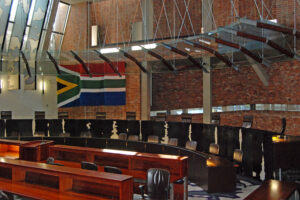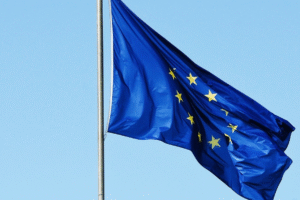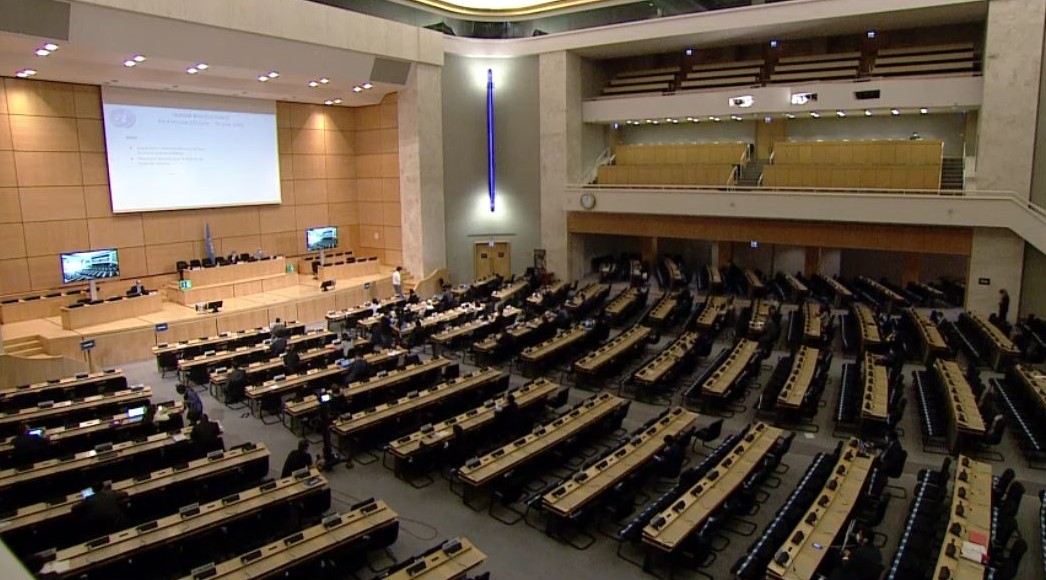
Sep 29, 2020 | Advocacy, Non-legal submissions
At the Human Rights Council, the ICJ and other NGOs highlighted with concern renewed attacks against the Council’s independent experts, aimed at interfering with their independence.
The oral statement was delivered by Amnesty International, in the general debate on human rights bodies, on on behalf of 14 NGOs. It read as follows:
“It is with great concern that we note the renewed attacks against the Special Procedures of this Council, through which certain states seek to interfere with their independence and impose political oversight over individual experts. While we welcome the outcome of the informal discussions, we would like to raise a few issues of concern.
As we noted in our letter to you Madame President, the states signatories of the letters rely on PRST 8/2 of 18 June 2008 on the Terms of office of special procedure mandate-holders, which was originally adopted in the specific context of Council discussions on the extension of the terms of mandate holders, and should not be regarded as a wider framework for assessing the performance of mandate holders. Furthermore, the groups of states appear to have ignored the existing Internal Advisory Procedure, instead proceeding directly to attempts to impose political oversight by this Council.
We also note with great concern that several of the signatory states launched wholly inappropriate attacks of a personal nature against Special Procedure mandate holders in the past.1
The allegations presented against the Special Rapporteur on extrajudicial, summary or arbitrary executions, in particular, seem little more than objecting to her being especially effective and proactive in doing exactly what this Council has tasked her to do, including monitoring and reporting on violations of the right to life and bringing these to the attention of the Council, and promoting respect for the right to life more generally.
We appreciate the efforts by the Coordination Committee to address broader issues related to the working methods of the Special Procedures, and welcome its willingness to work with the Special Rapporteur on the right to privacy on issues related to methodology and programming of the six outstanding country reports.
The independence of the Special Procedures is absolute in nature, and any attempts to erode that status threatens the credibility and integrity of this Council.
Thank you.”
Amnesty International
ARTICLE 19
Asian Forum for Human Rights and Development (FORUM-ASIA)
Center for Reproductive Rights
Child Rights Connect
CIVICUS: World Alliance for Citizen Participation
DefendDefenders (East and Horn of Africa Human Rights Defenders Project)
Geneva for Human Rights
International Commission of Jurists
International Federation for Human Rights (FIDH)
International Movement Against All Forms of Discrimination and Racism (IMADR)
International Service for Human Rights
Privacy International
Women’s International League for Peace and Freedom (WILPF)
1 Amnesty International and ISHR: HRC 37: Item 5: Human rights bodies and mechanisms, 14 March 2018, Index number: IOR 40/8032/2018, https://www.amnesty.org/en/documents/ior40/8032/2018/en/
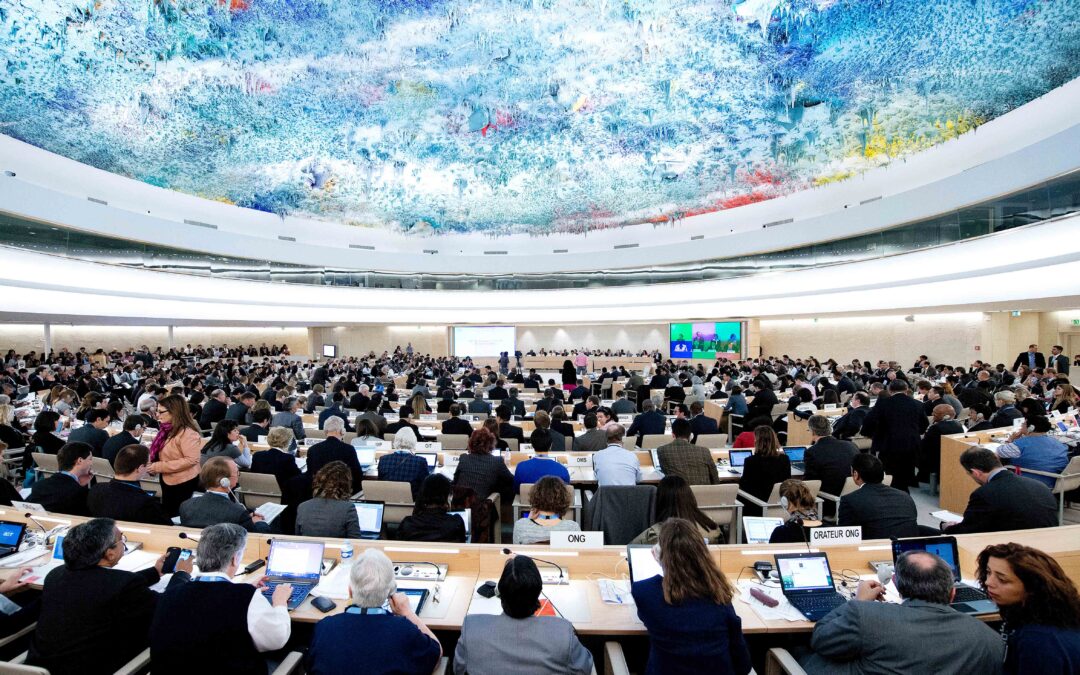
Sep 19, 2019 | Advocacy, Non-legal submissions
The ICJ today joined other NGOs in an oral statement to the UN Human Rights Council in Geneva, highlighting ongoing challenges faced by independent UN human rights experts, supporting the process the experts have established to make their own work effective, and calling for related issues of funding and non-cooperation of States to be addressed.
The statement was delivered on behalf of the group of NGOs by Amnesty International and read as follows:
“We note the concerns in the Declaration of the Special Procedures’ mandate holders at the Annual Meeting 2019 and share their concern about the global retrenchment against the values and obligations embedded in international human rights law and the challenges they spell out with regard to non-cooperation.
We also express appreciation[1] for the process set in place by the Special Procedures Coordination Committee to discuss ways in which the work can be strengthened including by seeking input from a wide range of stakeholders. This process presents the most appropriate way to ensure the effectiveness of the Special Procedures in protecting and promoting human rights, and to discuss ways to strengthen cooperation and address situations where there may be concerns regarding the actions of individual mandate holders.
We hope that this process will also provide an opportunity to discuss issues of chronic underfunding, non-cooperation of States with the Special Procedures, acts of reprisal and intimidation against human rights defenders and ad hominem attacks against mandate holders and how to make non-cooperation including selective cooperation by states more costly.”
(Partial) list of signatories:
- Amnesty International
- Cairo Institute for Human Rights Studies
- Center for Reproductive Rights
- Child Rights Connect
- CIVICUS: World Alliance for Citizen Participation
- Colombian Commission of Jurists
- Defence for Children International
- Forum for Human Rights and Development (FORUM-ASIA)
- Geneva for Human Rights
- ILGA World
- International Bar Association’s Human Rights Institute
- International Commission of Jurists
- International Movement against All Forms of Discrimination and Racism (IMADR)
- International Service of Human Rights
- Peace Brigades International
- Women’s International League for Peace and Freedom (WILPF)
- World Organisation Against Torture (OMCT)
[1] Civil society statement on efforts to strengthen and increase effectiveness of the United Nations Special Procedures , https://www.amnesty.org/download/Documents/IOR4009672019ENGLISH.pdf
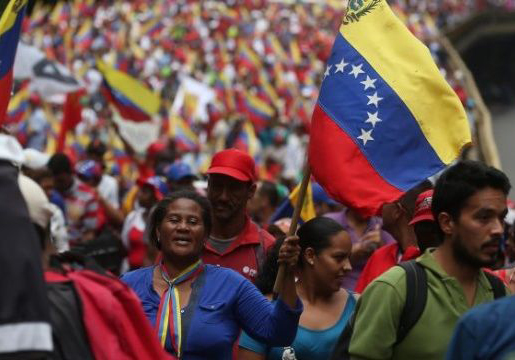
Oct 5, 2017 | News
The ICJ calls for Venezuela to accept long-standing requests for country visits by UN Special Procedures whose mandates are most relevant to the rule of law and human rights crisis in the country.
The ICJ takes note of the announcement by the Venezuelan Government that it is inviting the UN Independent Expert on the promotion of a democratic and equitable international order, Mr. Alfred de Zayas, to visit the country.
This announcement, together with a recent invitation to the Special Rapporteur on the right to development is significant. For more than a decade, the Venezuelan Government has denied or left unanswered requests for visits to the country by numerous other of the independent experts (known as “Special Procedures”) of the United Nations. The last mission to Venezuela by a special procedure was the Special Rapporteur on Torture in 1996.
However, the breakdown of the rule of law and the extremely serious human rights situation in Venezuela make visits by other United Nations Special Procedures of urgent relevance.
“In the course of this year, extrajudicial and arbitrary executions, torture and ill-treatment of detainees, arbitrary detention, trial of civilians by military tribunals, and persecutions and attacks against opponents, dissidents and human rights defenders have become systematic and generalized practices in Venezuela, said Federico Andreu Guzman, ICJ South America Representative.
“It is therefore difficult to see why the Government of Venezuela would not respond to long-standing requests from Special Procedure mandates relevant to these violations in favour of proactively inviting other UN experts”, Andreu Guzman added.
The ICJ therefore calls on the Government of Venezuela to invite to visit the country the Working Group on Arbitrary Detention and the Special Rapporteurs on extrajudicial, summary or arbitrary executions; the independence of judges and lawyers; torture and other cruel, inhuman or degrading treatment or punishment; the rights to freedom of peaceful assembly and association; the promotion and protection of the right to freedom of opinion and expression; and on the situation of human rights defenders. All of these UN experts have long-standing requests to visit Venezuela, some for many years, which the Venezuelan Government has failed so far to accept.
“Under the Charter of the United Nations, Member States have the obligation to cooperate with the UN Special Procedures on human rights. This duty is of particular importance when the State is a member of the Human Rights Council, as is the case with Venezuela”, said Andreu Guzman.
The ICJ also calls on the Government of Venezuela to accept the request for a visit to the country that, since 2004, has been repeatedly issued by the Inter-American Commission on Human Rights.
Background
For several years, the following Special Procedures of the UN Human Rights Council have made requests to visit Venezuela: the Special Rapporteur on extrajudicial, summary or arbitrary executions; the Special Rapporteur on the situation of human rights defenders; the Working Group on Arbitrary Detention; the Special Rapporteur on the independence of judges and lawyers; the Special Rapporteur on the rights to freedom of peaceful assembly and association; the Special Rapporteur on violence against women, its causes and consequences; the Special Rapporteur on torture and other cruel, inhuman or degrading punishment; the Special Rapporteur on the promotion and protection of the right to freedom of opinion and expression; the Working Group on the issue of human rights and transnational corporations and other business enterprises; the Special Rapporteur on adequate housing as a component of the right to an adequate standard of living; and the Special Rapporteur on the right to food.
At the regional level, although it denounced the American Convention on Human Rights in September 2012, Venezuela is still a State party to three Inter-American human rights treaties (Inter-American Convention to Prevent and Punish Torture; Inter-American Convention on Forced Disappearance of Persons; and Inter-American Convention on the Prevention, Punishment and Eradication of Violence Against Women). However, Venezuela has systematically ignored recommendations of the Inter-American Commission on Human Rights (IACHR) and has also denied IACHR requests to visit the country, made since 2004.
Contacts
Federico Andreu-Guzmán, ICJ South America Representative, tel: +57 311 481 8094; email: federico.andreu(a)icj.org
Carlos Ayala Corao, ICJ Commissioner (Venezuela), tel: +57 414 243 4872; email: cayala(a)cjlegal.net
Alex Conte, ICJ Global Redress and Accountability Initiative, tel: +22 979 3802; email: alex.conte(a)icj.org
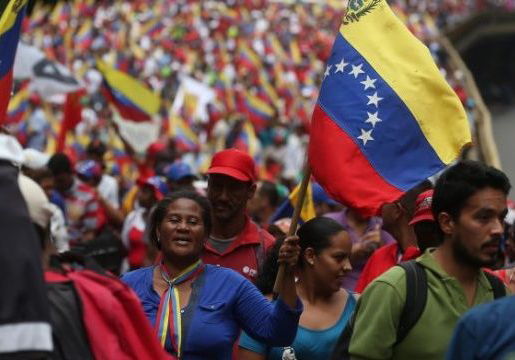
Oct 5, 2017 | Comunicados de prensa
La CIJ hace un llamado a Venezuela a que acepte las solicitudes de visitas al país que han formulado, desde hace varios años, los Procedimientos especiales de las Naciones Unidas, cuyos mandatos son más relevantes para el Estado de Derecho y la crisis de derechos humanos.
La CIJ toma nota del anuncio del Gobierno de Venezuela de invitar al país al Experto independiente sobre la promoción de un orden internacional democrático y equitativo de las Naciones Unidas, Sr. Alfred de Zayas.
Este anuncio, así como él de invitar al país al Relator Especial sobre el derecho al desarrollo, resulta significativo. Por más de una década, el Gobierno venezolano ha denegado o dejado sin respuesta las solicitudes de visita al país de numerosos Expertos de las Naciones Unidas (conocidos como “Procedimientos especiales”). La última misión realizada a Venezuela por un Procedimiento especial, fue la del Relator Especial sobre la Tortura en 1996.
Sin embargo, dada la ruptura del Estado de Derecho y la gravísima situación de derechos humanos en Venezuela, se requiere urgentemente que otros Procedimientos especiales de Naciones Unidas, con un mandato relevante, realicen misiones en el país.
“En el curso de este año las ejecuciones extrajudiciales y arbitrarias, la tortura y malos tratos a detenidos, la detención arbitraria, el juzgamiento de civiles por tribunales militares y las persecuciones y ataques contra opositores, disidentes y defensores de derechos humanos se han convertido en prácticas sistemáticas y generalizadas en Venezuela”, declaró Federico Andreu-Guzmán, Representante para Suramérica de la CIJ.
“Por lo tanto, es difícil entender por qué el Gobierno de Venezuela no responde a las solicitudes formuladas desde larga data por los Procedimientos especiales con mandatos sobre estas violaciones, mientras invita de forma proactiva a otros Expertos de las Naciones Unidas”, agregó Andreu-Guzmán.
La CIJ hace, por lo tanto, un llamado al Gobierno de Venezuela a que invite a visitar el país al Grupo de Trabajo sobre la Detención Arbitraria y a los Relatores Especiales sobre ejecuciones extrajudiciales, sumarias o arbitrarias; la independencia de los magistrados y abogados; la tortura y otros tratos o penas crueles, inhumanos o degradantes; los derechos a la libertad de reunión pacífica y de asociación; la promoción y protección del derecho a la libertad de opinión y de expresión; y sobre la situación de los defensores de derechos humanos. Todos estos Expertos de las Naciones Unidas han solicitado visitar Venezuela desde tiempo atrás, incluso algunos desde hace varios años, sin que el Gobierno venezolano haya aceptado estas solicitudes hasta ahora.
“Los Estados miembros de las Naciones Unidas tienen, bajo la Carta de las Naciones Unidas, la obligación de cooperar con los Procedimientos especiales de derechos humanos de esta organización. Esta obligación cobra particular importancia cuando el Estado es miembro del Consejo de Derechos Humanos, como es el caso de Venezuela”, declaró Andreu-Guzmán.
Asimismo, la CIJ hace un llamado al Gobierno de Venezuela para que acepte la solicitud de visita al país que, desde el año 2004, ha reiterativamente formulado la Comisión Interamericana de Derechos Humanos.
Información complementaria
Desde hace varios años, los siguientes Procedimientos especiales del Consejo de Derechos Humanos de las Naciones Unidas han solicitado visitar a Venezuela: el Relator Especial sobre ejecuciones extrajudiciales, sumarias o arbitrarias; el Relator Especial sobre la situación de los defensores de derechos humanos; el Grupo de Trabajo sobre la Detención Arbitraria; el Relator Especial sobre la independencia de los magistrados y abogados; la Relatora Especial sobre los derechos a la libertad de reunión pacífica y de asociación; la Relatora Especial sobre la violencia contra la mujer, sus causas y consecuencias; el Relator Especial sobre la tortura y otros tratos o penas crueles, inhumanos o degradantes; el Relator Especial sobre la promoción y protección del derecho a la libertad de opinión y de expresión; el Grupo de Trabajo sobre la cuestión de los derechos humanos y las empresas transnacionales y otras empresas; la Relatora Especial sobre una vivienda adecuada como elemento integrante del derecho a un nivel de vida adecuado; y la Relatora Especial sobre el derecho a la alimentación.
En el ámbito regional, aunque denunció la Convención Americana sobre Derechos Humanos en septiembre de 2012, Venezuela sigue siendo Estado parte de tres tratados interamericanos de derechos humanos (La Convención Interamericana para Prevenir y Sancionar la Tortura; la Convención Interamericana sobre Desaparición Forzada de Personas; y la Convención Interamericana para Prevenir, Sancionar y Erradicar la Violencia Contra la Mujer). Sin embargo, las recomendaciones de la Comisión Interamericana de Derechos Humanos han sido sistemáticamente ignoradas por el Estado venezolano, el cual además ha denegado las solicitudes de visita al país que este órgano ha formulado desde el año 2004.
Contactos
Federico Andreu-Guzmán, Representante para Suramérica de la CIJ, tel: +57 311 481 8094; correo electrónico federico.andreu@icj.org
Carlos Ayala Corao, Comisionado de la CIJ (Venezuela), tel: +57 414 243 4872; correo electrónico cayala@cjlegal.net
Alex Conte, Iniciativa Global de la CIJ sobre Reparación y Rendición de Cuentas, tel: +22 979 3802; email: alex.conte@icj.org
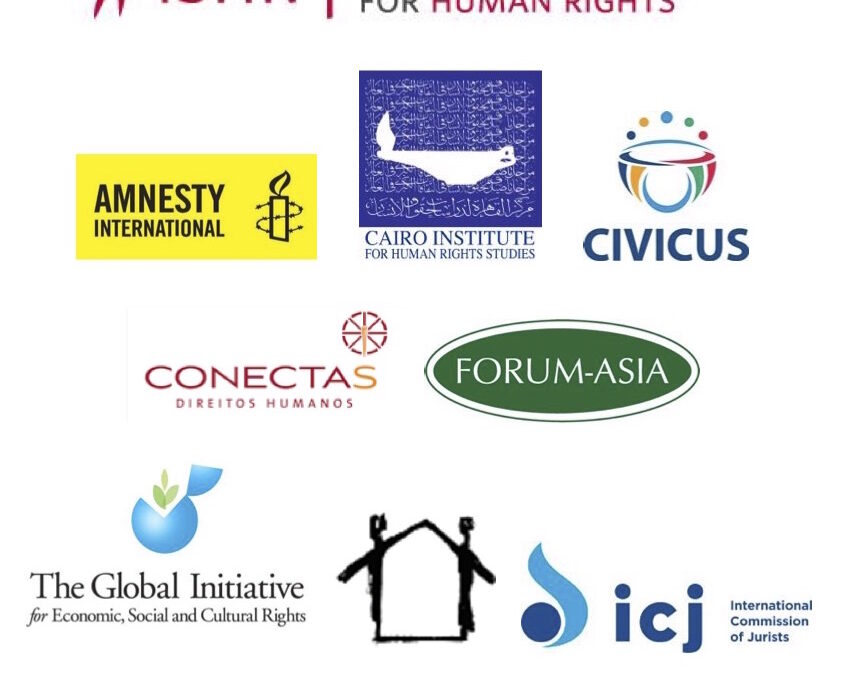
Jun 28, 2017 | Advocacy, Non-legal submissions
The ICJ has joined other leading human rights NGOs in setting out a range of specific measures to increase the effectiveness of UN Special Procedures – independent experts appointed by the Human Rights Council to address particular themes or countries.
The written submission was made in the context of the Annual Meeting of the Special Procedures, in Geneva.
Coordinated by the International Service for Human Rights (ISHR), the document assesses current practices against a range of recommendations made in an earlier joint civil society submission in 2016.
The 2017 submission welcomes progress on a number of the recommendations, but also highlights issues where little or no progress has been made. It also offers several new recommendations.
Among the positive developments are the enhanced role of the Coordination Committee, action taken to combat reprisals, the creation of a database where details of individual communications (i.e. complaints) can be accessed, and engagement of Special Procedures with international and regional forums.
The full 2017 submission, entitled “The Special Procedures: Developments in Institutional Strengthening and Working Methods”, can be downloaded in PDF format here: UN-Submission-AnnualMeetingSpecialProcedures-2017






